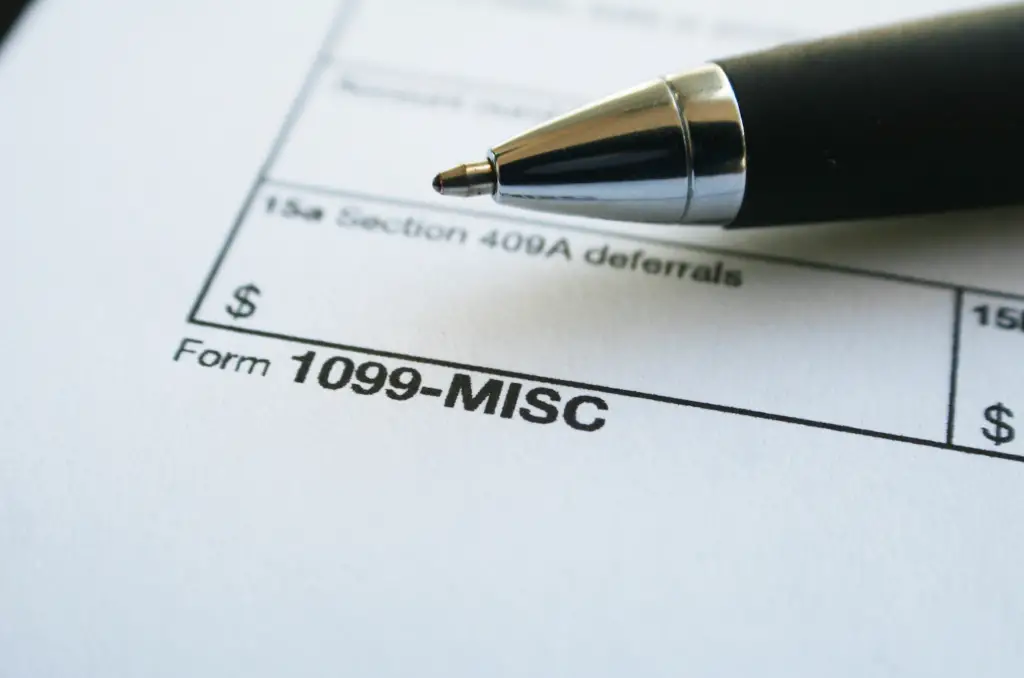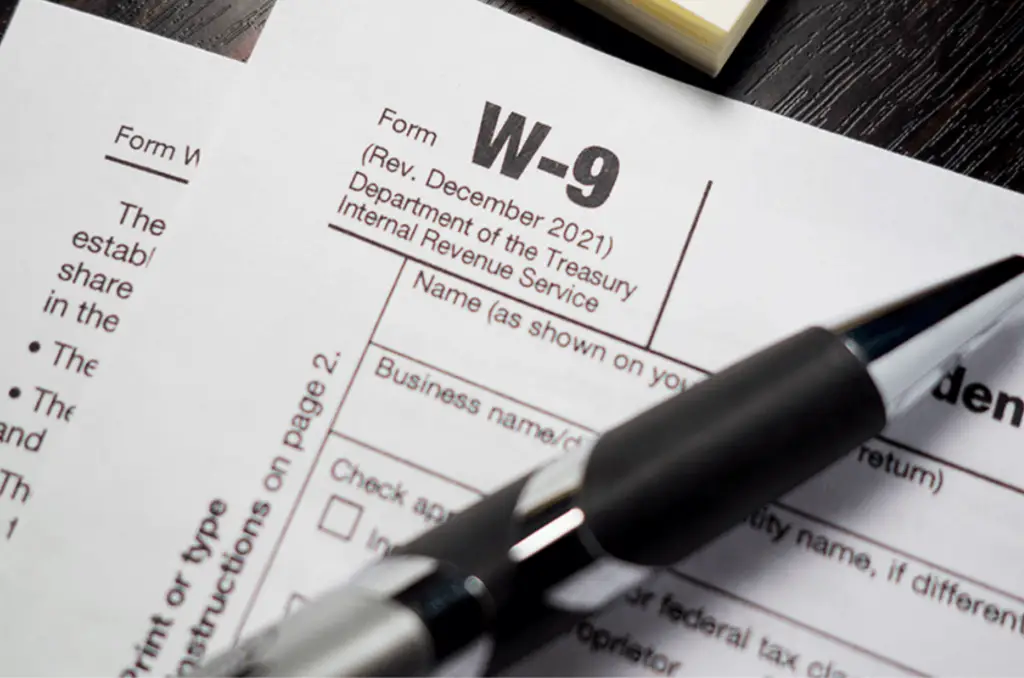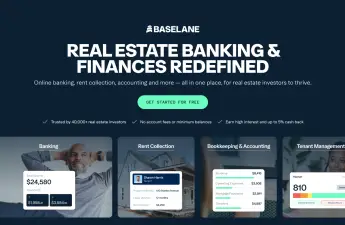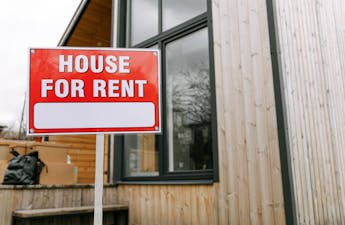Taxes can be quite hard to understand, and many landlords have questions on their minds as the tax season approaches. Among these are: what is a 1099 tax form, and in what cases do they need to file one?
Whether you like it or not, you will need to familiarize yourself with the various tax rules that apply to landlords. This includes those related to the 1099 tax form, which continues to confuse property investors everywhere. This article covers what you need to know about the 1099 tax form, as well as the particular requirements for landlords.
Note: This not a substitute for consultation with your tax advisor or careful review of current IRS code.
What is a 1099 Tax Form for?
The 1099 form is actually a collection of tax forms. It documents payments you make to service providers or certain types of income you receive.
In short, for our purposes as landlords, here are the two common uses for 1099 tax forms:
- Reporting payments to the IRS, over $600 in a year, that we’ve made to outside service providers. This helps the IRS make sure these individuals or businesses are reporting all their income on their tax forms.
- As a provider of a service (rental space) in a few cases, landlords receive 1099 tax forms from entities or people who have paid them. A business that is renting office space from a property investor is an example of this case. Individual renters of living space do not submit 1099’s to their landlords.
There are roughly 20 different types of 1099 tax forms that you can find for different purposes. However, there are two forms that are used most commonly by landlords.
1099-MISC Form
As the name suggests, the 1099-MISC Form is used for miscellaneous payments. There are two typical ways this form will come into play in rental real estate investing.
1. When a Landlord RECEIVES a 1099-MISC:
Commerical landlords typically receive a Form 1099-MISC when they have received over $600 in rent for an office or other commercial space over the course of a year. In this case the tenant they are renting to will issue a 1099-MISC tax form to the landlord.
2. When a Landlord SENDS a 1099-MISC:
A landlord is required to issue a 1099-MISC tax form to certain types of service providers who they have paid over $600, related to their rental business, over the course of a year. According to the IRS, some common examples are:
- Rents (applicable when a rental real estate investor is renting commercial space from another business)
- Prizes and awards paid-out
- Medical and health care payments
- Payments to an attorney

1099-NEC Form
The 1099 tax form that is used most often by landlords is known as the Non-Employee Compensation (NEC) form. You need to file 1099-NEC to report payments over $600 you make to people or businesses who are not your employees. For example, independent contractors, such as property managers and repair people. Any expense below $600 during the particular tax year doesn’t have to be reported. However, the payer might choose to do so anyway.
Who Needs to Receive the 1099-NEC Tax Form?
The 1099 Tax Form has several fields for payee information. If you are a landlord and you have paid someone for their services, you will be the payer in this regard. The payee can be anyone you have paid $600 or more, including the following:
- Plumbers
- Painters
- House cleaners
- Landscaping professionals
- Locksmiths
- Inspectors
- Pest control professionals
- Appliance repair technicians
- Snow removal personnel
- Electricians
- Remodeling contractors
- Attorneys
- Bookkeepers or accountants
In order to determine who you need to send the 1099 tax form to, you will have to pull up all the receipts for work done on your property during the tax year. You’ll have to see how many of them amount to $600 or above.
Once you have done this, you can start filling out the 1099 tax form for each of them. Next, you’ll have to send a copy to the payee and the IRS as well. Consequently, if the payee is an independent contractor, they would collect all of the IRS 1099 tax forms they receive from payers, and file them with the IRS when preparing their taxes.
You would also have to keep in mind that it is not necessary to send a 1099 form to certain businesses due to their business status and other factors. However, you might not know which businesses are actually exempt, and whether you have to send them a 1099 tax form or not. For this purpose, you need to ask each business and individual you’ve paid to provide you with a properly filled-out W9 form.
![]() Also Read: Reporting and Accounting Tools: Best Accounting Software for Landlords
Also Read: Reporting and Accounting Tools: Best Accounting Software for Landlords
What is a W9 Form?
The W9 form is filled out by vendors, independent contractors, freelancers, businesses, or professionals, then submitted to anyone who has paid them, before these payers submit their 1099 tax forms. The form also features a box for them to select in order to declare that they are exempt from receiving the 1099 form.
When you receive the W9 form from your payee indicating that they are exempt, make sure to keep it safe, in case you are subject to an audit and need to demonstrate why you didn’t send the particular payee a 1099 tax form. If there are no grounds for exemption, you can retrieve their details from the W9 form and use it to send the 1099 form properly.
Apart from declaring exemption from receiving the 1099 tax form, the W9 form is also useful for payees to provide their accurate and valid information to the payer, so that there is no error, typo, or discrepancy in the 1099 tax form when they receive it. Some of the key information includes the official business name, address, and contact information for owners or managers.

Exceptions to 1099 Requirements for Landlords
For landlords the most common exceptions to 1099 reporting rules, according to the IRS, are:
- Generally, payments to a corporation (including a limited liability company (LLC) that is treated as a C or S corporation).
- Payments for merchandise, telegrams, telephone, freight, storage, and similar items.
- Payments of rent to real estate agents or property managers. However, the real estate agent or property manager must use Form 1099-MISC to report the rent paid over to the property owner.
- Wages paid to employees.
How to Report Your 1099 Income?
No matter what type of 1099 income you have coming in, you need to report it when you file your taxes.
If you file your own tax return using software, you will be asked if you have any 1099 income. Just put in the information from the forms you were sent. When paying someone to do your taxes, you’ll have to provide them with all your 1099 forms.
If you receive a 1099 tax form, be sure to refer to it when you are filing your taxes. That’s because the same form you received was also sent directly to the IRS. Needless to say, underreporting your 1099 income will put you at risk of an audit.
When are Landlords NOT Required to File a 1099 Tax Form?
Here are a few examples of cases where landlords DO NOT need to file a 1099 tax form:
- The business is a corporation, including an LLC that is taxed as an S or C corporation
- Payments to companies for various routine services and products
- Wages paid to employees
- The total payment for the tax year is below $600
Recap: 1099 Requirements for Landlords
Landlords are required to file 1099 tax forms every time they pay out $600 or more to individuals or businesses, except for those that are exempt. If they fail to do so, they may be penalized and fined. Landlords should always require each non-employee to submit their W9 form, so that they have it on file.
It is also important to meet the filing deadlines in order to avoid penalties. The deadlines are different every year and determined by the IRS, but you should generally file before the end of January following the year in which payments were made. Failing to file 1099 for an outside entity by August 1st, for example, currently carries a penalty of $280.
Key Takeaway
Because tax law defines receiving rental income as being in the business of renting out property, landlords are subjected to Form 1099 reporting requirements. One thing you should keep in mind is to maintain proper records of all the expenses that you make, so that you can determine all the payees that require a 1099 form.
If you need help in 1099 tax filing, learn more about our reporting and accounting software tools and partners that can assist you. Tools such as Hemlane, Landlord Studio, Rentec Direct, and Stessa all score well in our tax preparation comparisons, and a few can even automatically generate and send 1099 forms for you.
![]() Learn More: Rental Property Tax Resource Guide for Landlords
Learn More: Rental Property Tax Resource Guide for Landlords
Disclosure: Some of the links in this post are affiliate links and Landlord Gurus may earn a commission. Our mission remains to provide valuable resources and information that helps landlords manage their rental properties efficiently and profitably. We link to these companies and their products because of their quality, not because of the commission.




